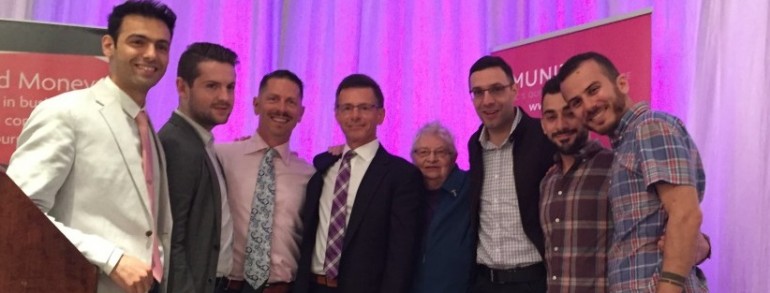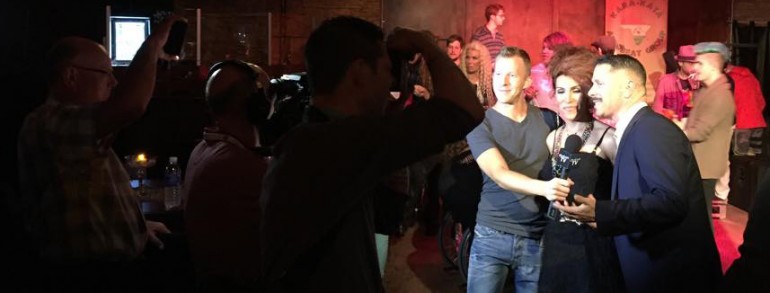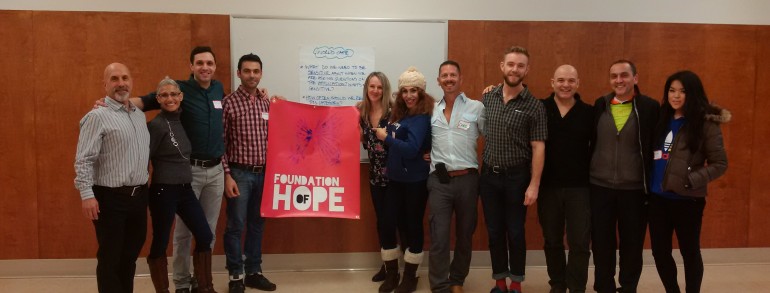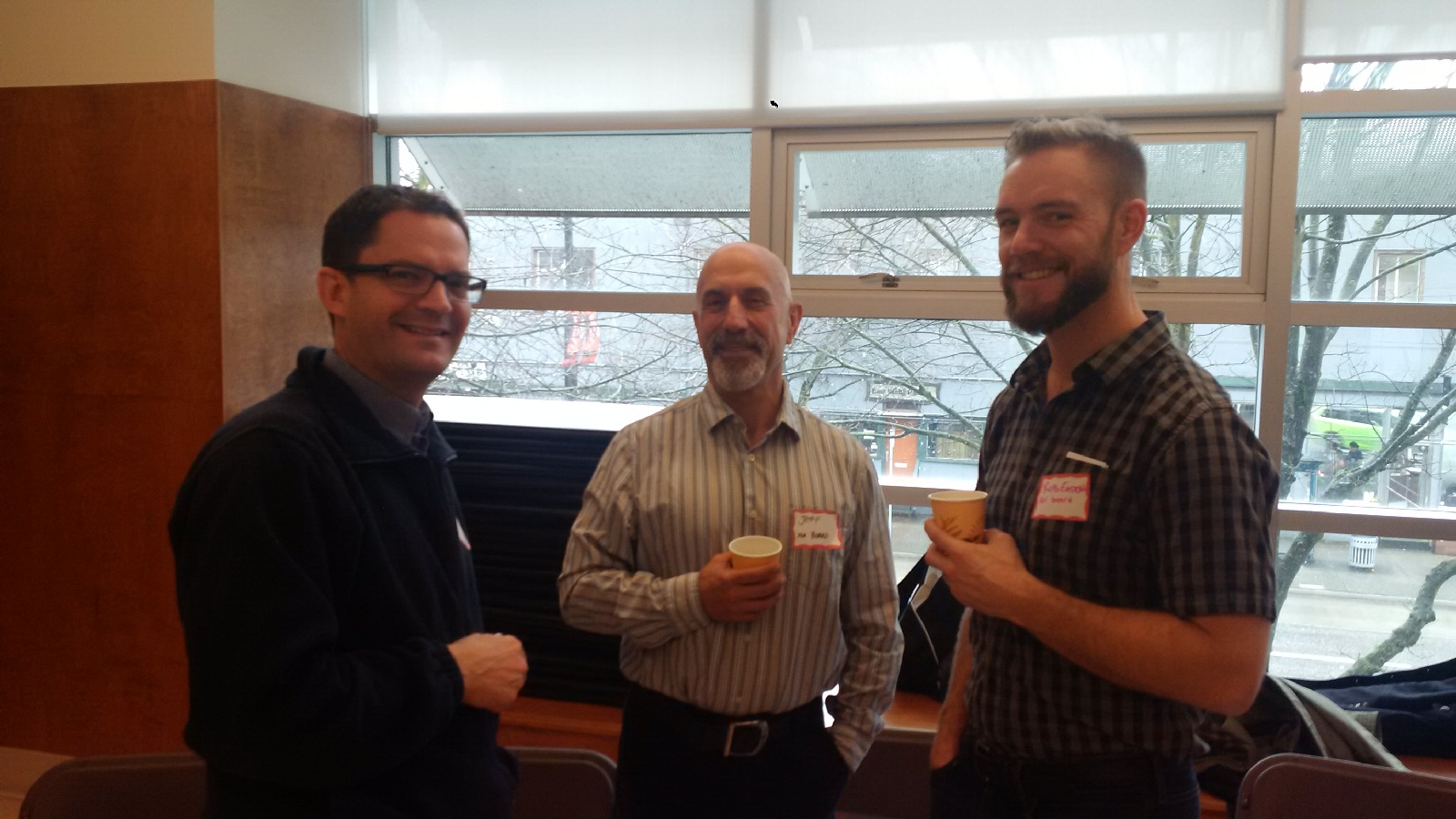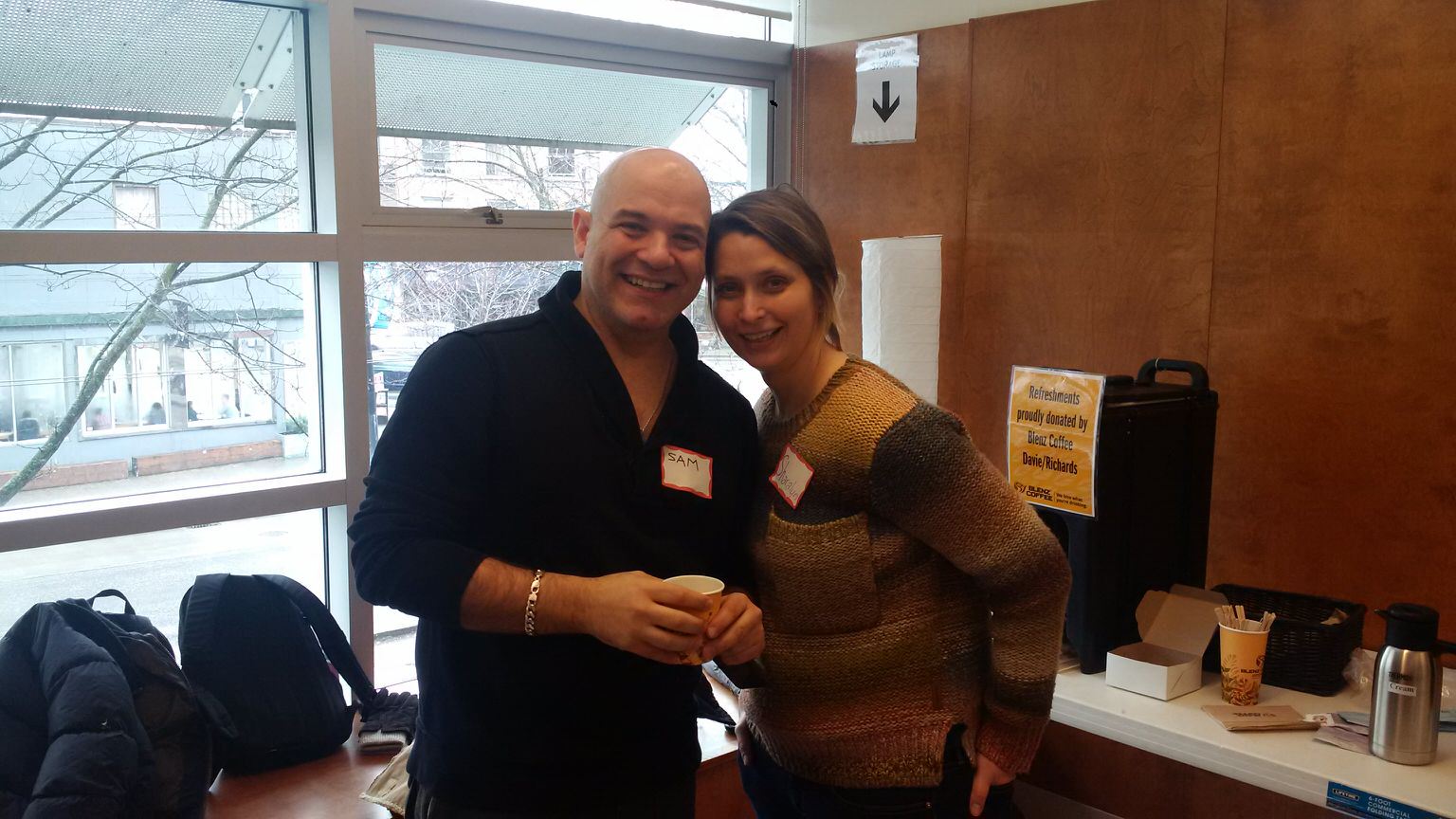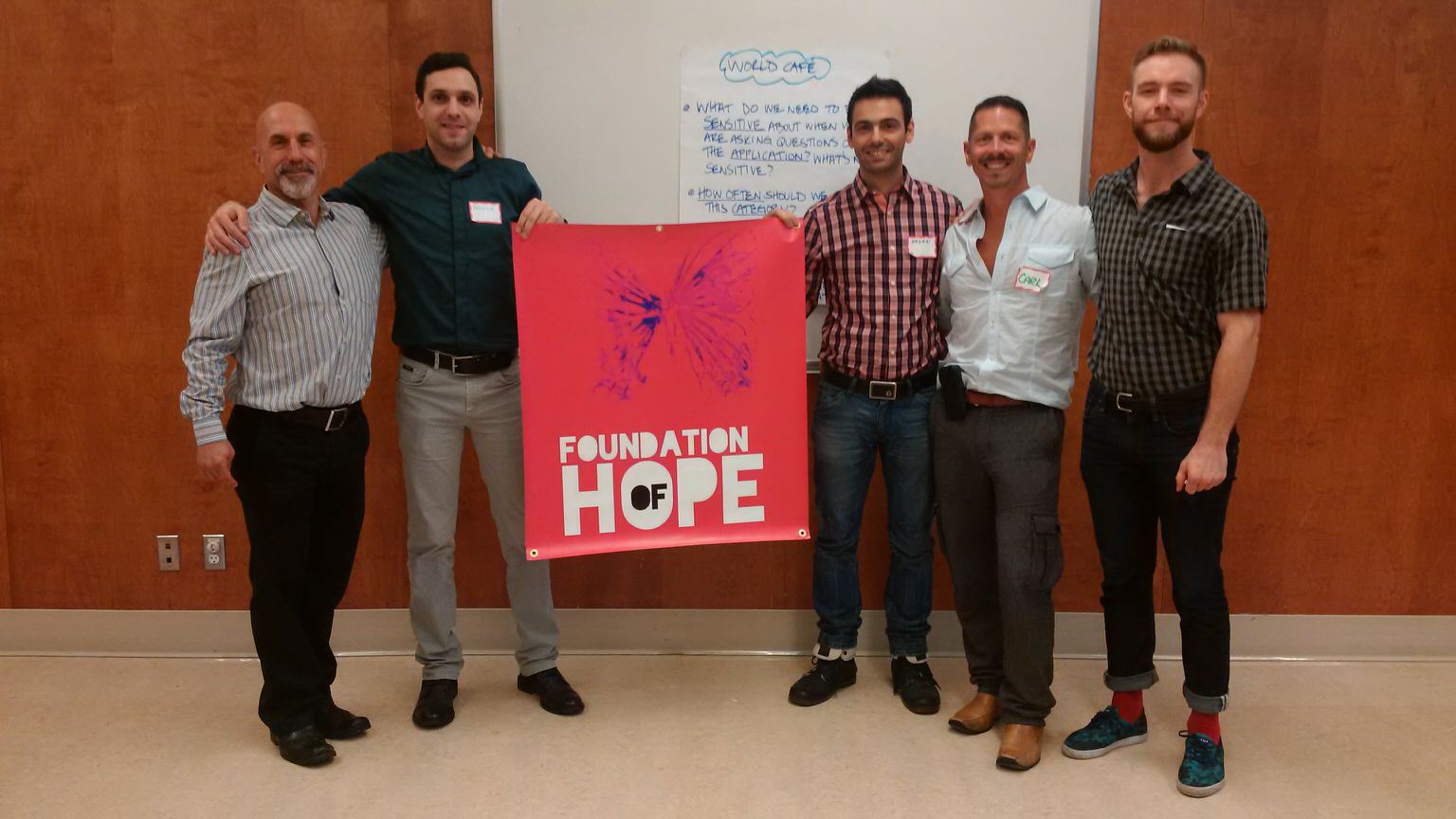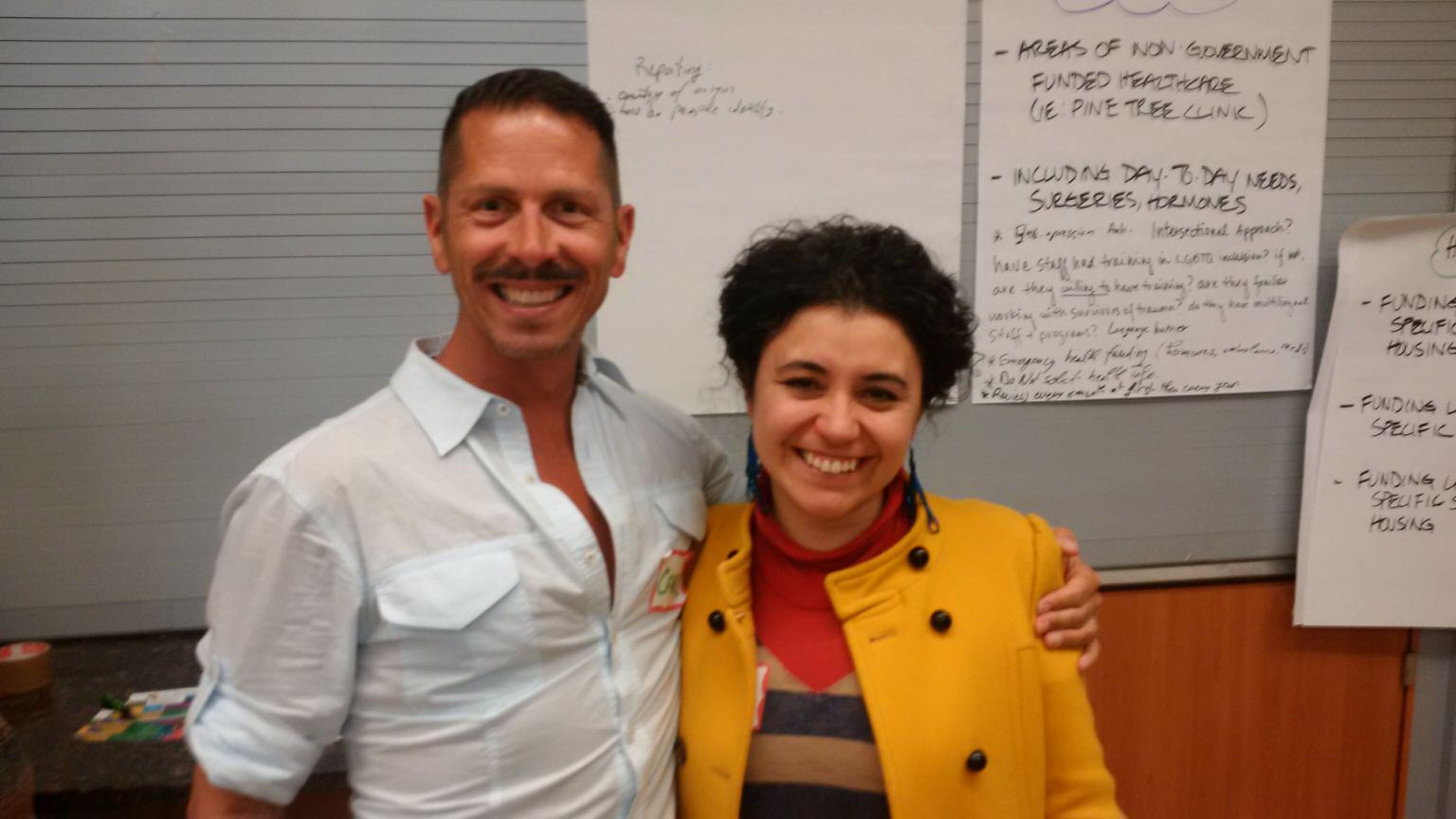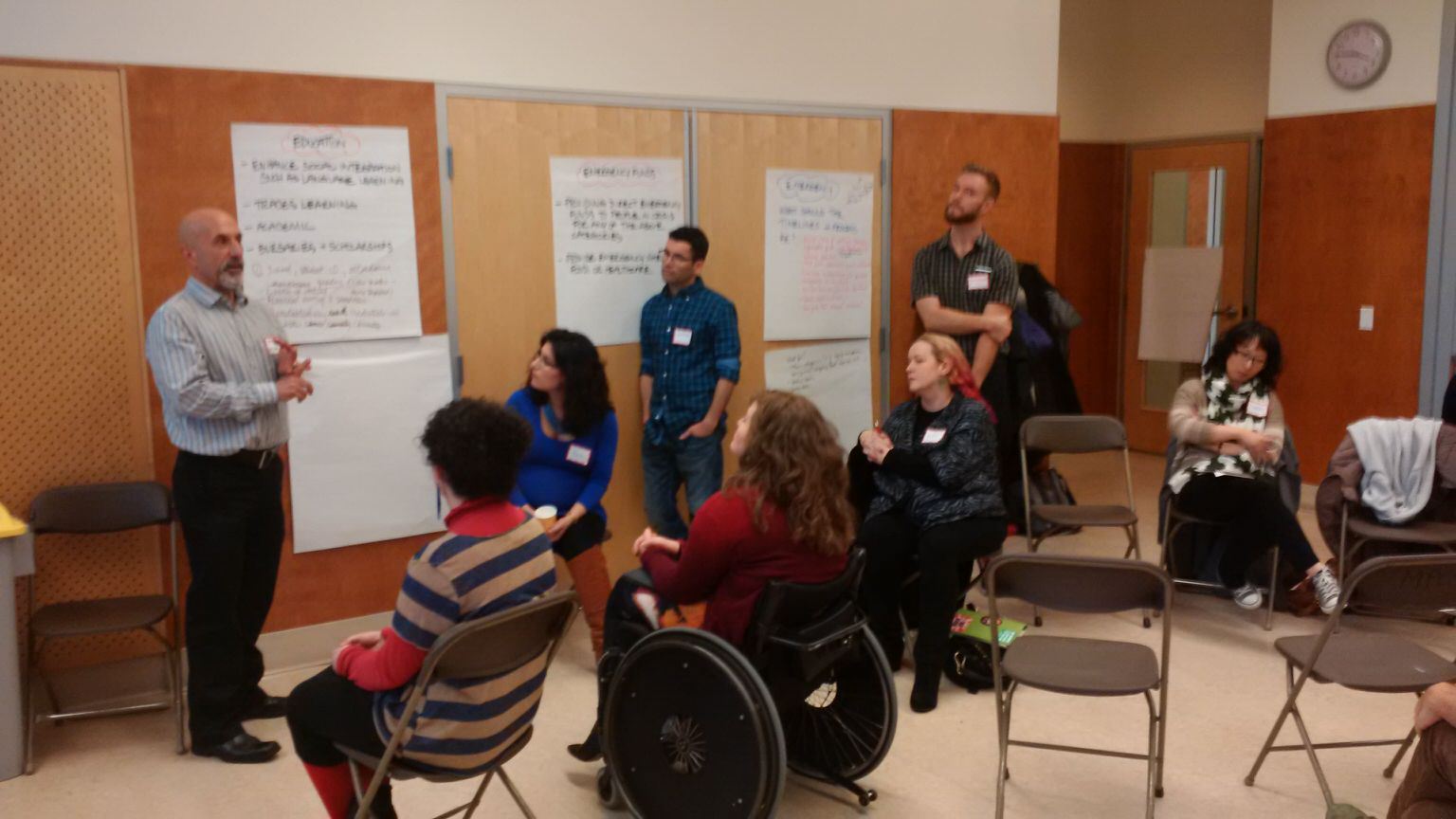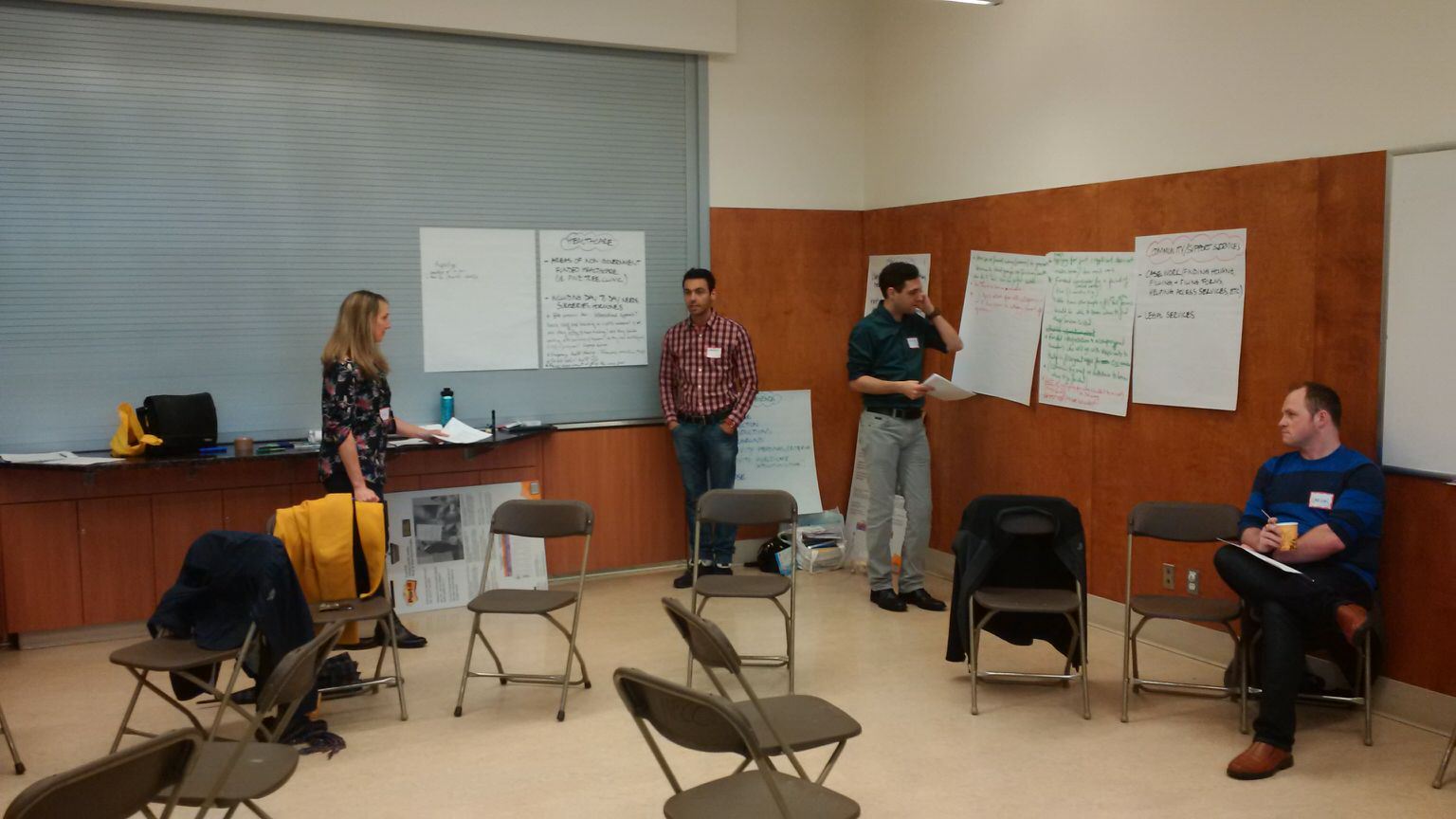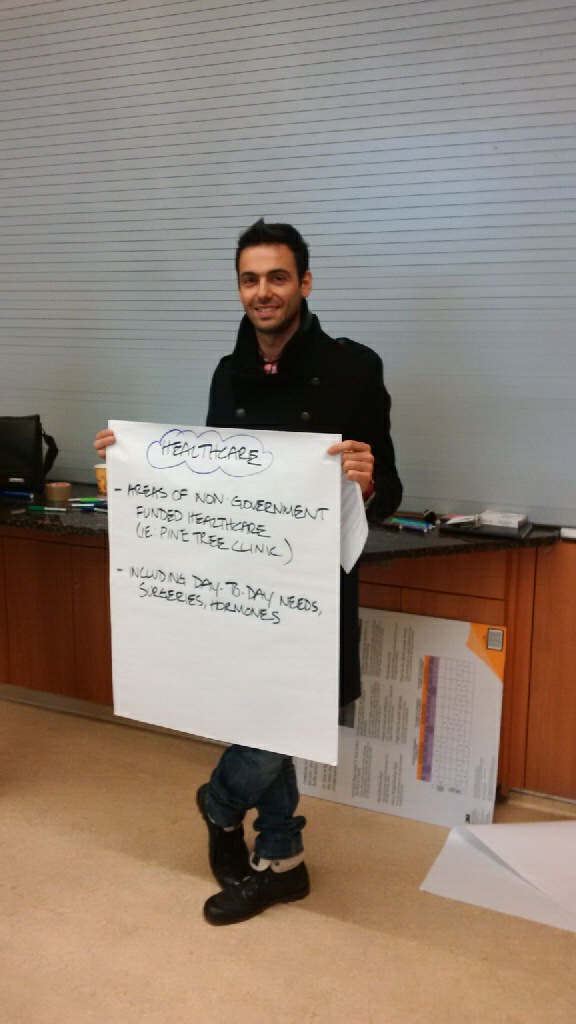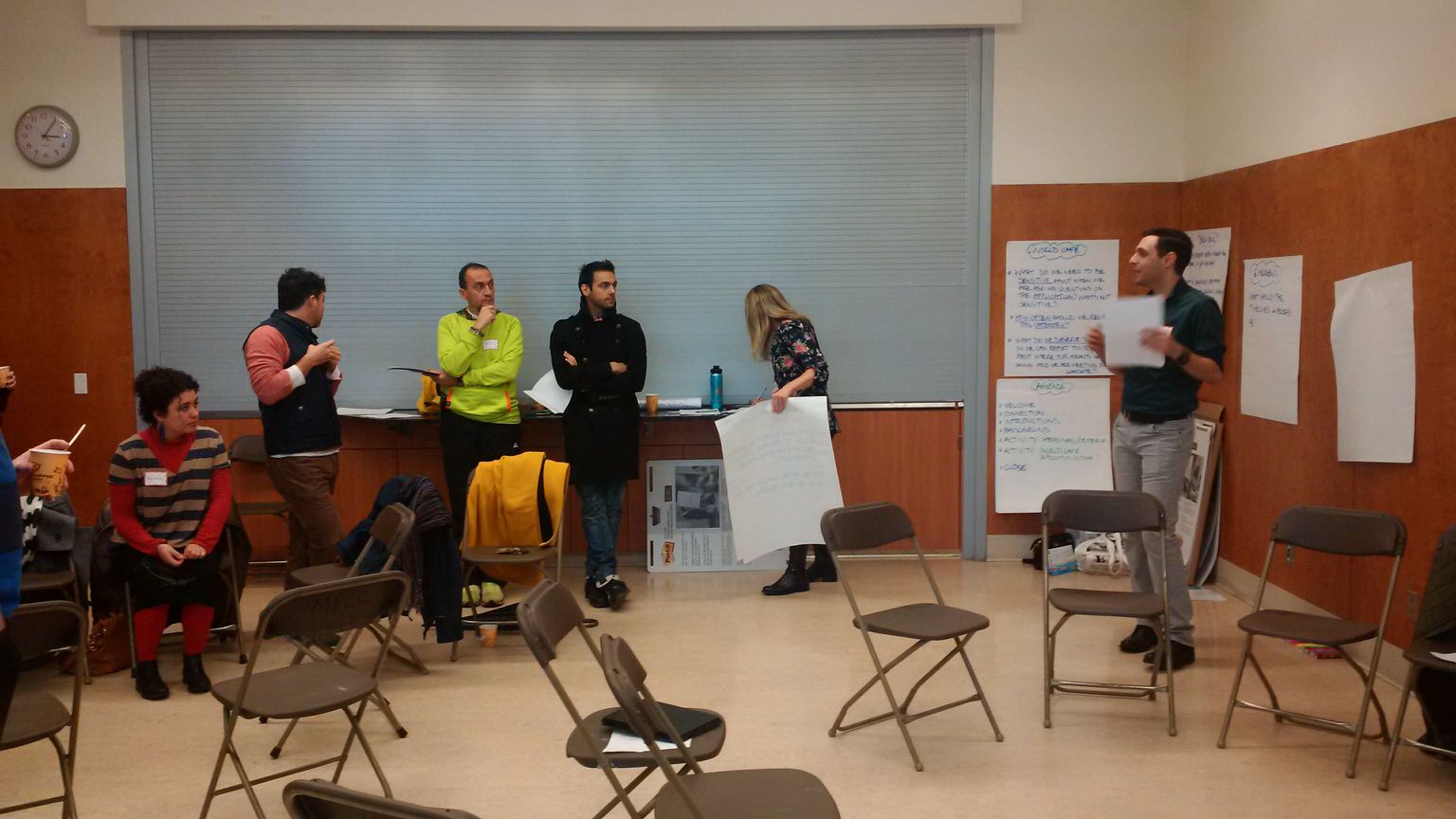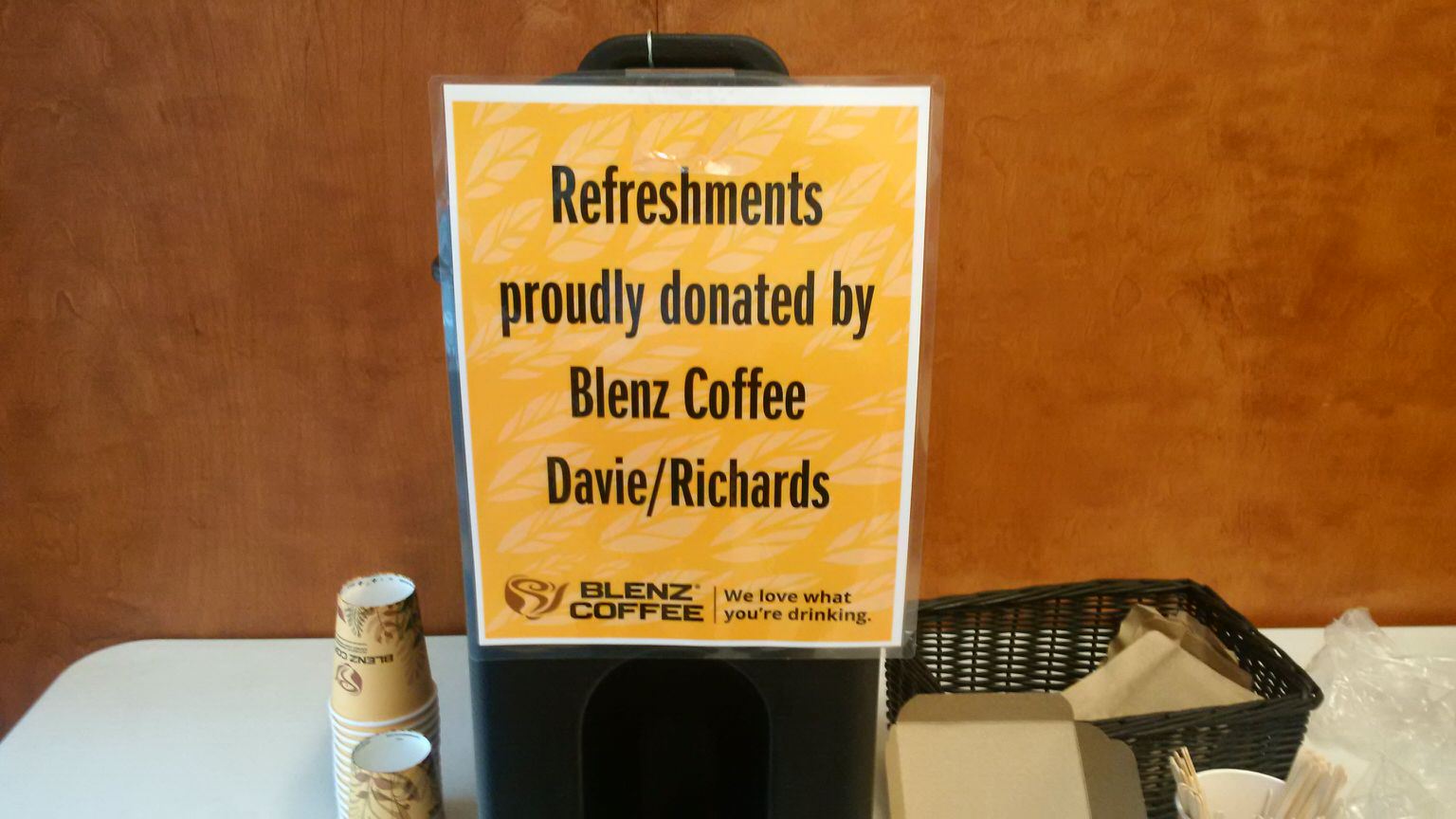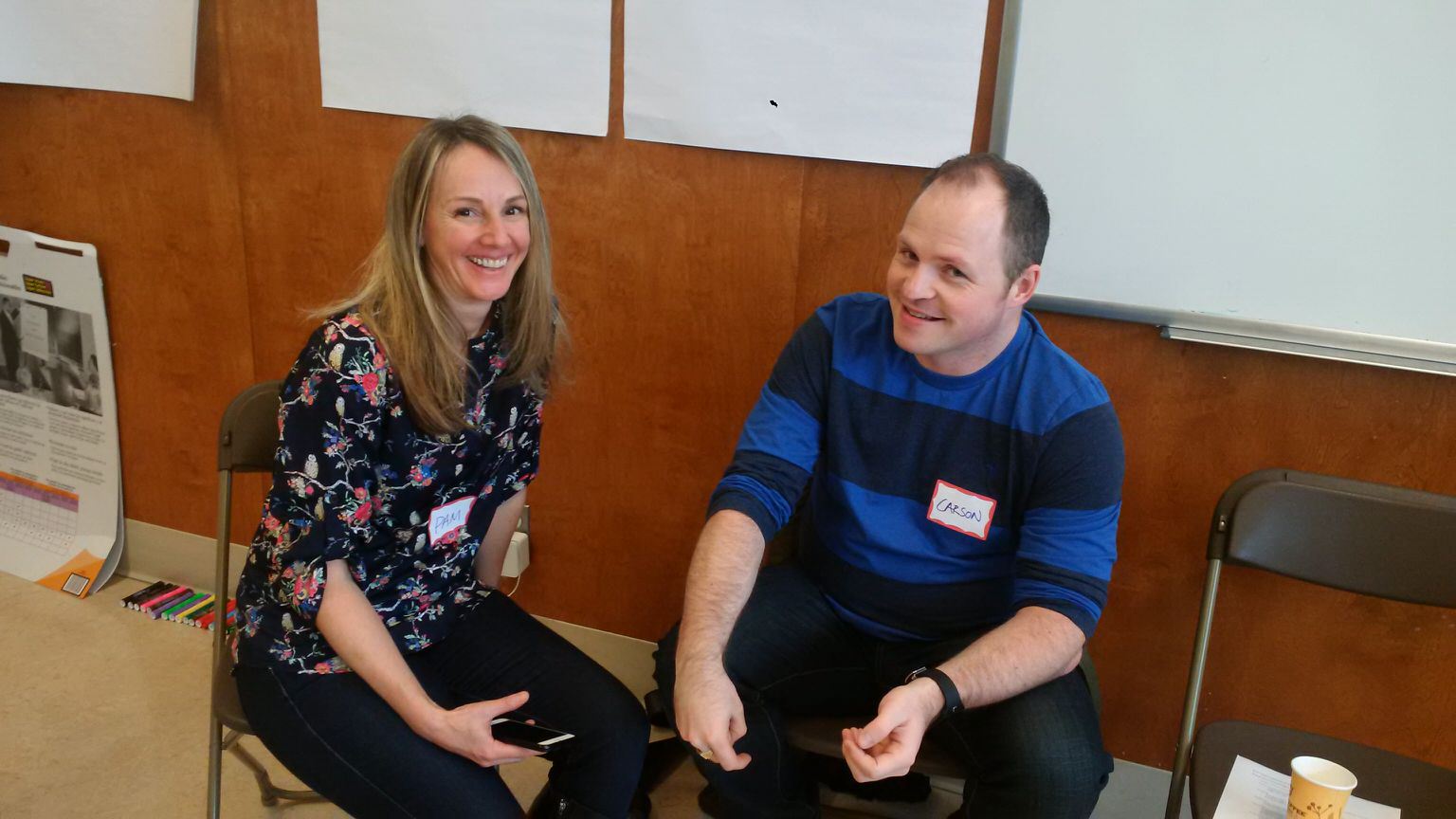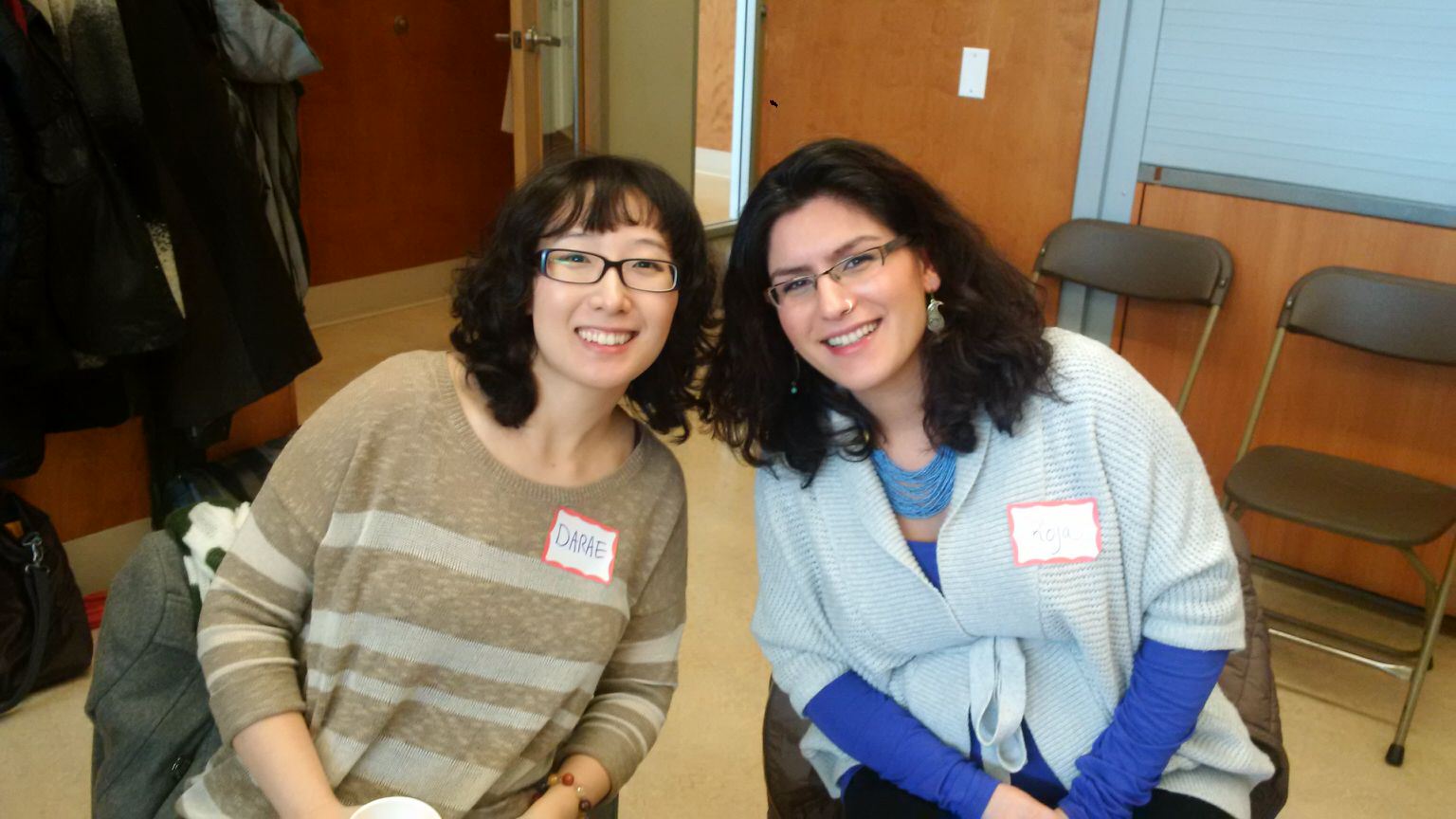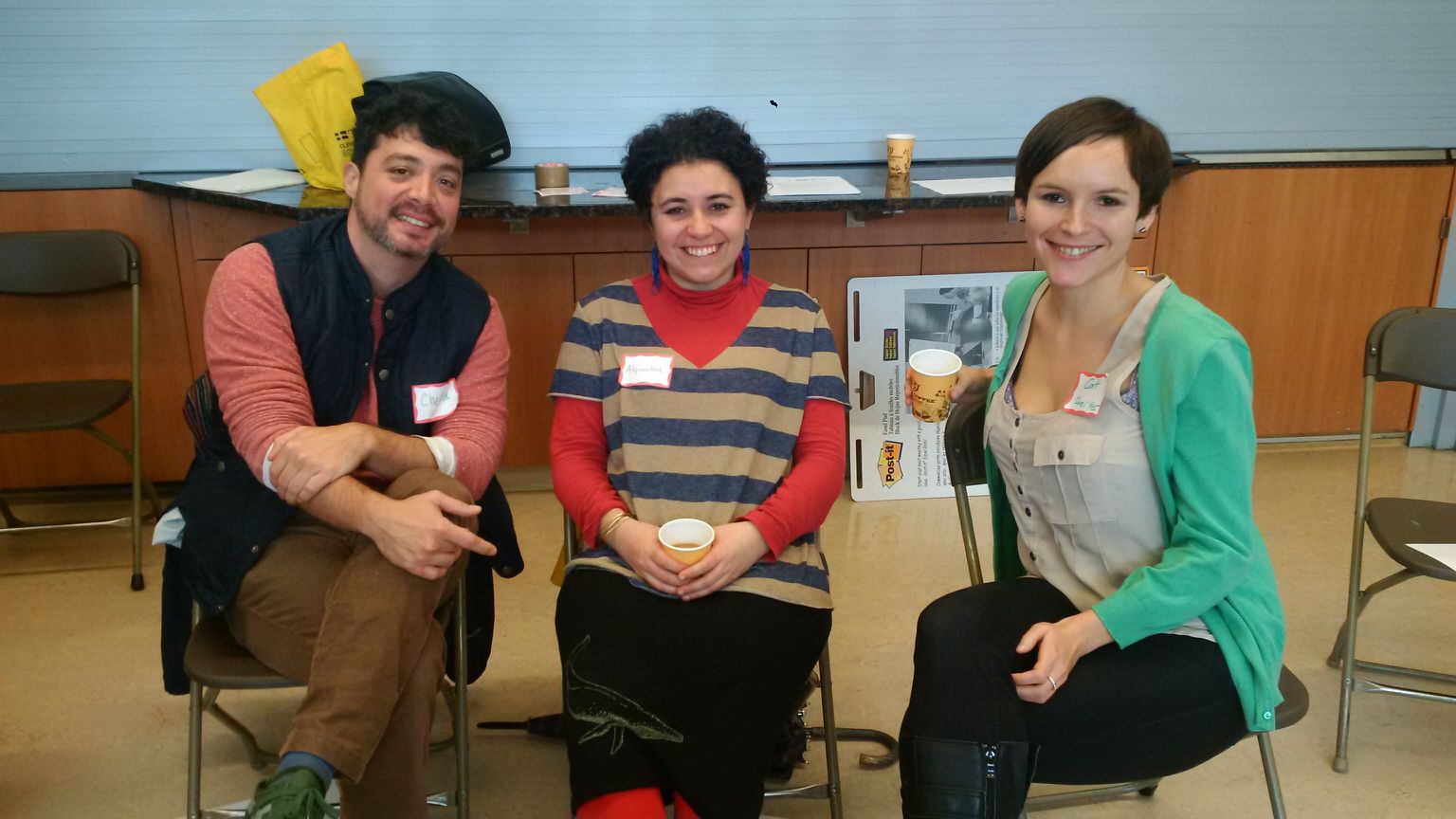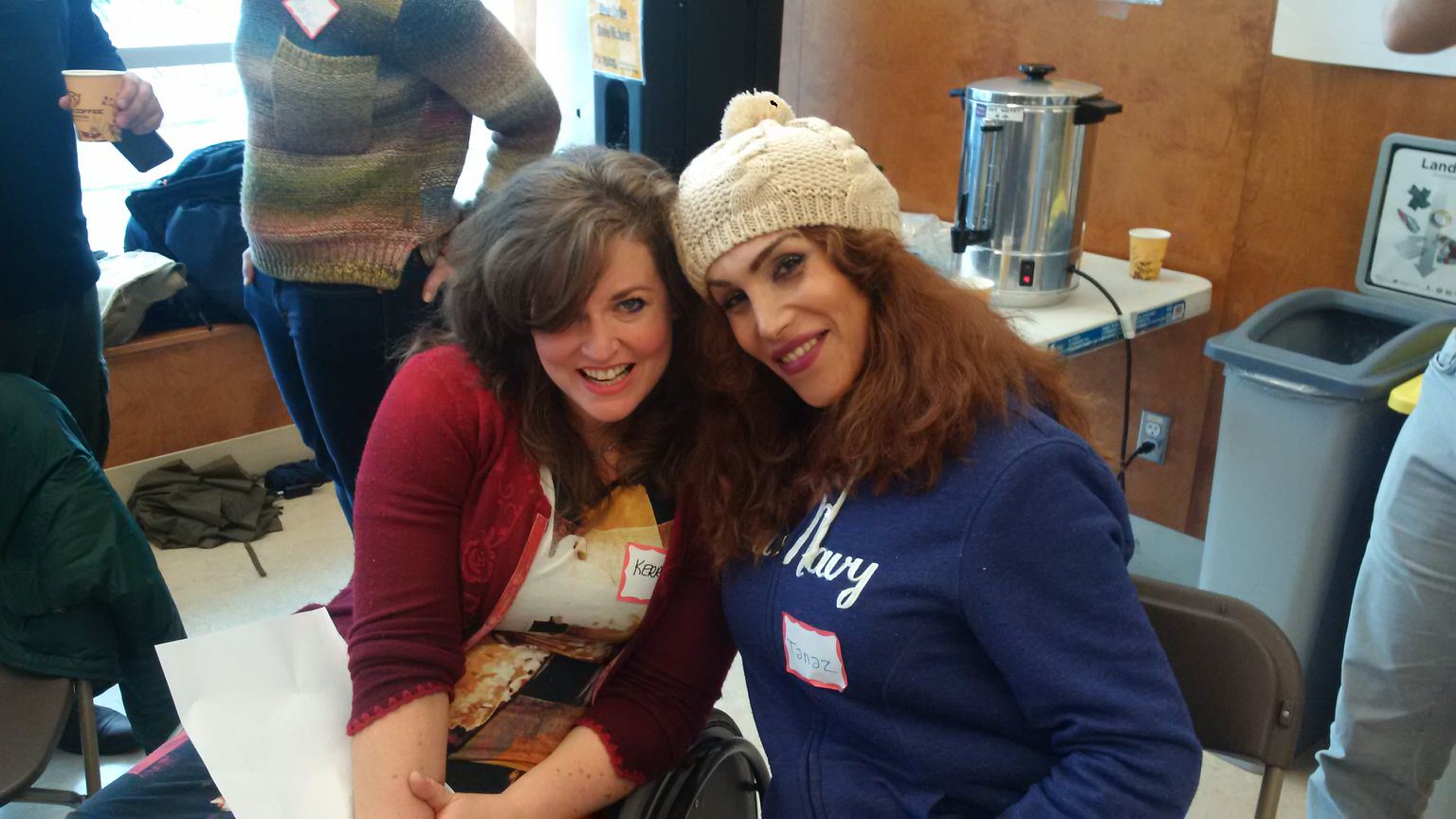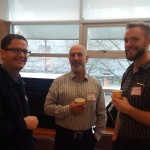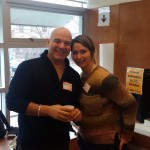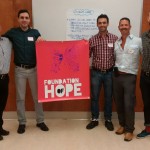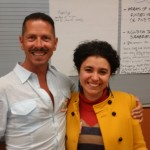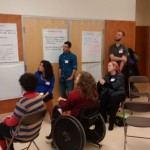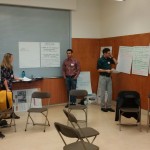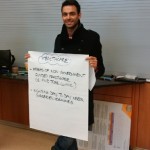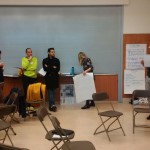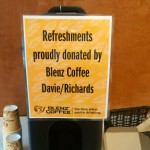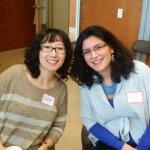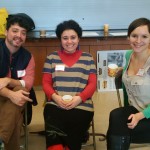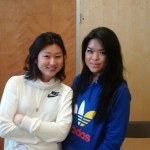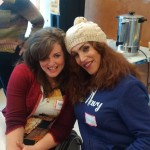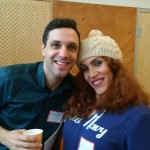QMUNITY hosted its 11th annual International Day Against Homophobia and Transphobia (IDAHAT) breakfast on May 15, 2015.
When I arrived, I was surprised by the number of fine womyn and men among others on the gender spectrum, all of whom made the effort to wake up early on a Friday morning to gather and raise much needed funds in solidarity for such a worthy cause.
On the table to my left was a policeman, with whom I swapped stories. He shared his experiences at the Hate Crime Unit of the Vancouver Police Department, fighting hate crimes of all kinds, including those rooted in homophobia and transphobia. I explained to him the anal tests enforced in police stations on men arrested in countries like Lebanon and Egypt, as an assessment of suspected homosexuality. The very same civic uniform leading the way in Vancouver’s Pride Parade is what the LGBT+ community dreads in many countries around the world.
“Forty percent of LGBTs worldwide are criminalized,” noted Chris Morrissey, founder of Rainbow Refugee, as she spoke about how the Canadian refugee process works. Morrissey is an LGBT+ rights advocate and leader of the society that represents international queer refugees, asylum seekers, and newcomers to Canada. Morrissey took the stage and made it very clear why and how each one of the attendees can and should make a difference.
Moments before Morrissey took the floor to speak, Deputy Mayor Andrea Reimer of the City of Vancouver announced that May 17 would henceforth become observed in Vancouver as the International Day Against Homophobia and Transphobia, or IDAHAT — a proud moment for Vancouver. For me, it brought back memories of when we first celebrated IDAHOT in Lebanon about a decade ago. This year Lebanese celebrities spoke up on IDAHOT. The situation for LGBT+ individuals in the Middle East is not an easy one to comprehend. We hear of beheadings in one country and of a ‘gay haven’ in another. We hear of immediate deportation of HIV+ individuals in one place and full low-barrier, state-sponsorship of transgender surgeries in another.
I am often faced by a dilemma of what image to portray when I am asked about the current LGBT+ situation back home. The issue is that each situation is unique and “home” is not one big, uniform space. Each situation differs from one alley to another and from one day to the next; it is complex to say the least. The best way to help is to invest one’s time and interest to learn about the complexities, just as much as investing tax-deductible dollars to charitable and noteworthy causes in Canada.
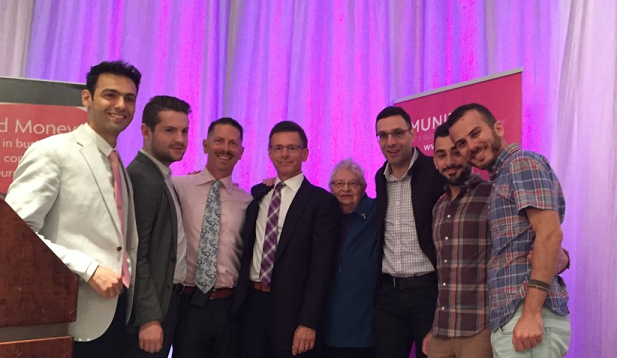 Danny Ramadan, a “former refugee” as he self-identified on stage, brought that message home. Danny and his partner Aamer were sponsored by a group of Vancouverites, of which I was part. We created the Danny and Aamer Circle of Hope in 2013, which has since evolved into the Foundation of Hope. Danny narrated his personal story about home and family in Syria. He spoke of his dear friends “whose shadows are with me today on stage”, friends he left behind, leaving him with “survivor’s guilt.” But Danny also shared the joy and laughter they had, the ties and love that bonded them together, and the story of how they came together, then fell apart just as their country did. Danny put faces and names to those we only know of and talk about as “LGBT+ refugees”. He painted an authentic image of the very people we are stepping up to help. I saw him standing high and with much deserved dignity, enjoying our hospitality in Canada, but not our “charity”. He brought identifiable stories to those in the audience, made us laugh with their laughter and shed tears with their pain. By the end of it, Danny received a well-deserved and prolonged standing ovation.
Danny Ramadan, a “former refugee” as he self-identified on stage, brought that message home. Danny and his partner Aamer were sponsored by a group of Vancouverites, of which I was part. We created the Danny and Aamer Circle of Hope in 2013, which has since evolved into the Foundation of Hope. Danny narrated his personal story about home and family in Syria. He spoke of his dear friends “whose shadows are with me today on stage”, friends he left behind, leaving him with “survivor’s guilt.” But Danny also shared the joy and laughter they had, the ties and love that bonded them together, and the story of how they came together, then fell apart just as their country did. Danny put faces and names to those we only know of and talk about as “LGBT+ refugees”. He painted an authentic image of the very people we are stepping up to help. I saw him standing high and with much deserved dignity, enjoying our hospitality in Canada, but not our “charity”. He brought identifiable stories to those in the audience, made us laugh with their laughter and shed tears with their pain. By the end of it, Danny received a well-deserved and prolonged standing ovation.
Danny, it is true that “home is where you feel comfortable sharing your stories with others”. My heart sank as you shared your regret for losing your Syrian home keys on your journey. Danny, what a beautiful gesture it was to finish your storytelling by tossing your set of “Canadian home” keys up high in front of us all.
Ahla w sahla – Canada baytak: Welcome to Canada – it is your home.
And kudos to Qmunity for pulling together such an inspiring event. It was my first attendance, but will definitely not be my last — it is sure to become an annual favorite of mine. I have started a personal monthly donation to Qmunity and I encourage you to do the same.
By: Dr. Hasan Abdessamad, MD FRCSC FACOG
This post was simultaneously published at habdessamad.com
